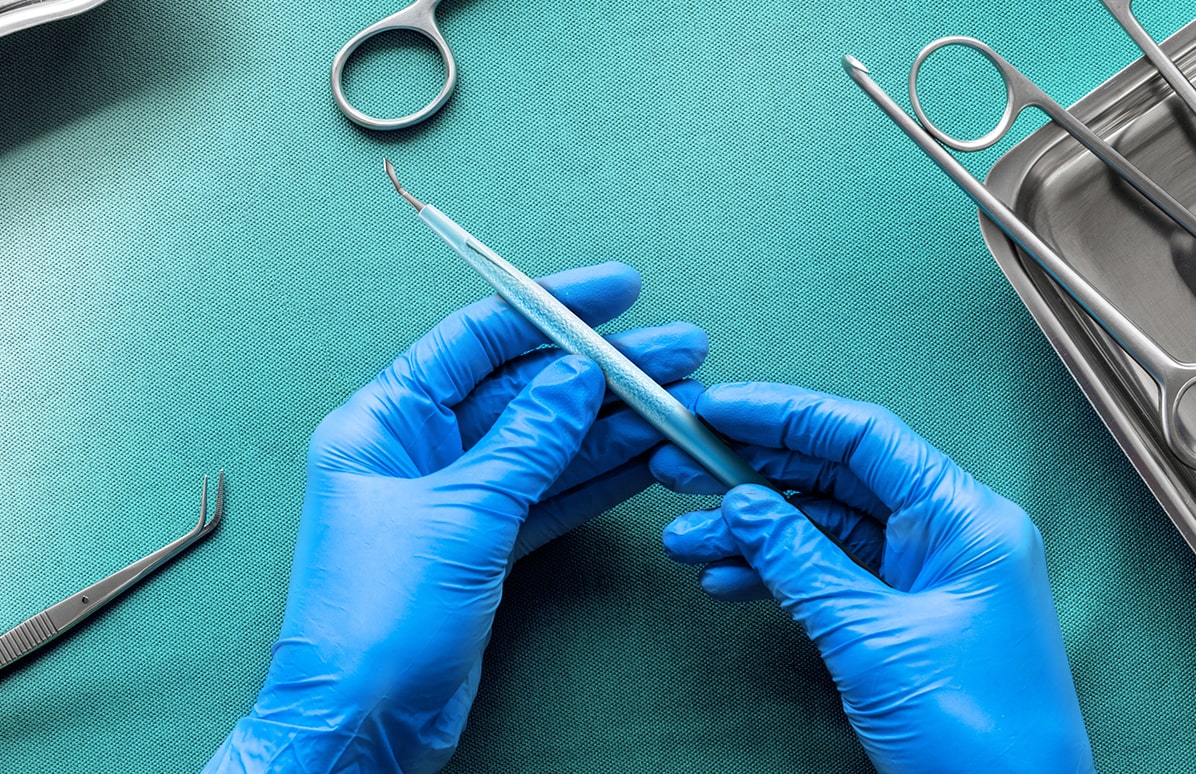This week Mr Wakefield, Consultant Specialist at Sarum Vision, spent two days at the Headquarters of the Royal College of Ophthalmologists (RCOphth) training junior Ophthalmologists to be future eye surgeons. The Microsurgical Skills Course is a must have qualification for any trainee Ophthalmologist. This internationally respected course was hosted in the purpose built ‘wet lab’ at the RCOphth and attended by 33 trainees mainly from the UK but also from as far away as Germany and Egypt. Mr Wakefield was the lead trainer in a faculty of expert consultants that had travelled from all corners of the UK to pass on their skills and knowledge as part of the 2 day course.
The ability to train junior surgeons to a high level in a simulated environment before they are allowed to operate on patients has become the ‘norm’ in Ophthalmology. This has resulted in safer surgery and better results for patients in the short and long term. Facilities at the RCOphth are second to none and the equipment, as well as fully equipped training microscopes, full surgical instrument sets and the latest in prosthetic eyes, include 2 ‘immersive’ virtual reality simulators that give a training experience remarkably similar to ‘real world’ surgery.
Mr Wakefield remembers taking this course 15 years ago at the start of his eye surgery career when it was housed in a small basement at the old College building where instruments and microscopes had to be shared and using pigs heads collected from a nearby abattoir were the only way to simulate surgery. He is extremely proud to have progressed to be able to lead the course and help others join this amazing surgical specialty giving the gift of sight back to the world.
Before being allowed to attend the course the trainees must complete a set of online learning modules and the waiting list to attend the practical course is long (and not helped by COVID-19 cancellations). By the end of the second day all the trainees had made significant advances in their abilities and many were able to undertake whole procedures safely in the simulated environment. Similarly, by the end of day two the faculty were exhausted but delighted to be able certify a large group of trainees to be able to take their new skills and knowledge and safely transfer this to patient care. Who knows, perhaps one day in the future Mr Haq and Mr Wakefield will need one of these trainee surgeons to operate on their eyes!
